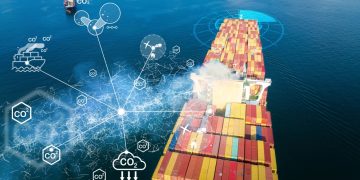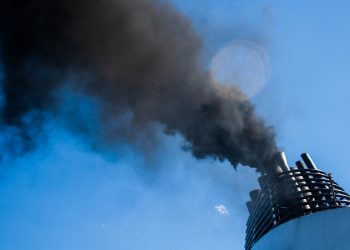The International Bunker Industry Association (IBIA) contributed to a discussion at the International Maritime Organization’s MSC 98, last week, regarding the potential impact on ship safety associated with meeting demand for fuels complying with the 0.50% sulphur limit, that is due to take effect on 1 January 2020.
The 98th session of the IMO’s Maritime Safety Committee had two papers to consider on the subject:
- MSC 98/22/8 submitted by Brazil and Chile expressed concerns about the effects the 2020 requirement will have on on-board safety, specifically with regards to flashpoint. The paper noted that the official availability study presented to the 70th session of the IMO’s Marine Environment Protection Committee (MEPC 70) had stated that a potential reduction in the minimum flashpoint of fuel oil “would certainly help improve fuel availability” to meet the 0.50% sulphur limit in 2020.
It asked, therefore, for the MEPC to clarify whether the decision to implement the 0.50% sulphur limit in 2020 is conditional upon a reduction in the flashpoint limit of 60ºC, and to request the Sub-Committee on Ship Systems and Equipment (SSE) to study any on-board safety problems that may arise from lowering the 60ºC flashpoint limit stipulated under SOLAS.
- Also up for discussion was MSC 98/22/10 submitted by Brazil, which pointed concerns about the quality of fuel oil blends that are anticipated to enter the market, ahead of the sulphur limit, relating to stability and challenges regarding compatibility of various blends.
Brazil said that the work on effective implementation of the 0.50% sulphur limit in 2020 to be undertaken by the MEPC should not focus on enforcement,
“…but rather on exploring what actions, including preparatory and transitional measures to address any expected impact on fuel and machinery systems, uncertainties in general and potential safety concerns, may be taken to ensure truly consistent, safe and effective implementation of the global cap from 2020 onwards, and, as a result, secure the necessary compliance.“
IBIA prepared a statement prior to the meeting, highlighting that, although the terms of reference for the availability study, set at MEPC 68 in 2015, requested the contractor to model the possible adjustment of the marine fuel oil flashpoint limit to 52°C, the conclusion presented to MEPC 70 did not rely on lowering the flashpoint limit from the current SOLAS requirement of 60°C. This point was also specified by the IMO Secretariat before opening discussions on the two papers.

































































